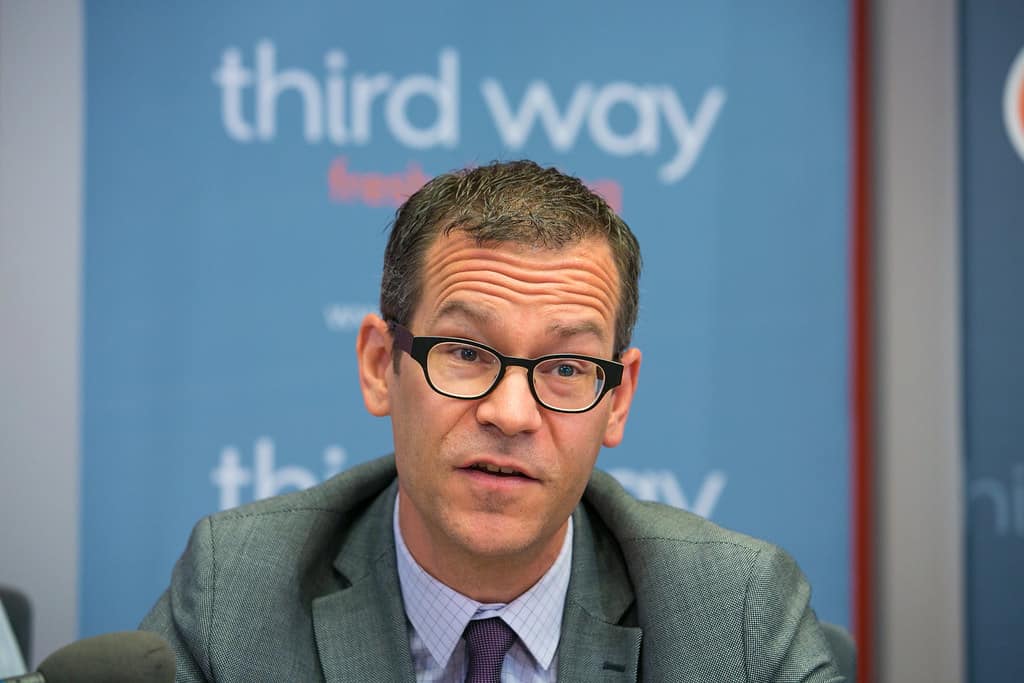Hostile actors such as Russia and China spend billions trying to gather information to gain military or economic advantages against the United States, and such information is routinely discussed by the president’s senior advisers on the National Security Council staff as they develop policy options for the administration in a series of formal meetings that take place in classified settings — in fact, even subjects let alone the contents of these meetings are not to be disclosed in unclassified email systems.
What wouldn’t Russia or China give to know how our nation’s leaders might respond to a provocation against Ukraine or Taiwan — or how they might exploit this information to our detriment? That is why those entrusted with our nation’s secrets are bound under penalty of law to protect those secrets. And it is why we cannot normalize leaks of those secrets.
Which brings us to Colin Kahl, Joe Biden’s vice-presidential national security adviser who has been nominated to the number-three position at the Pentagon: the undersecretary of Defense for policy.
When I served on the National Security Council (NSC) from Jan. 20, 2017, to Feb. 21, 2020, I participated closely in the NSC’s classified policy process. All of us who did so were responsible for countering and, whenever possible, preventing leaks of classified and otherwise sensitive information. Particularly in the early days of the administration, it sometimes was an uphill battle.
On Dec. 20, 2017, a foreign newspaper — citing “two former US officials familiar with current thinking and a third figure in the administration” — reported that the Trump administration was examining possible military options against North Korea. This information was classified.
Click HERE to read more.
Michele Flournoy, Doug Wilson & Dr Colin Kahl: The Politics of National Security – Inside Politics with Bill Schneider – September 2012 by Third Way Think Tank is licensed under CC BY-NC-ND 2.0
- When David Met Lisa - December 20, 2021
- Why the United States, not China, needs to shape Middle East policy - December 20, 2021
- Victoria Coates on the confusion in Natanz - December 10, 2021

